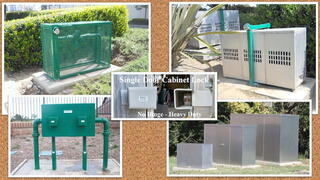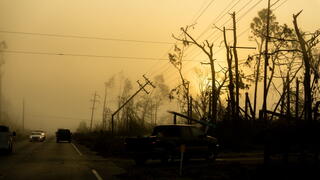
Continuing the fight against scrap metal theft

A community-driven transformation to promote sustainability, biodiversity, and resource efficiency in West Burlington, Iowa

How do you continue to deliver services to your community without the power we’ve all come to depend on?

The battles of brass and copper

Access the recording and handouts for a webinar sponsored by the U.S. EPA on Tuesday, September, 23. This webinar will help managers learn what resources and strategies are available to ensure that they are prepared in case of natural disasters, terrorist attacks, and other threats to a clean water supply in their communities.
